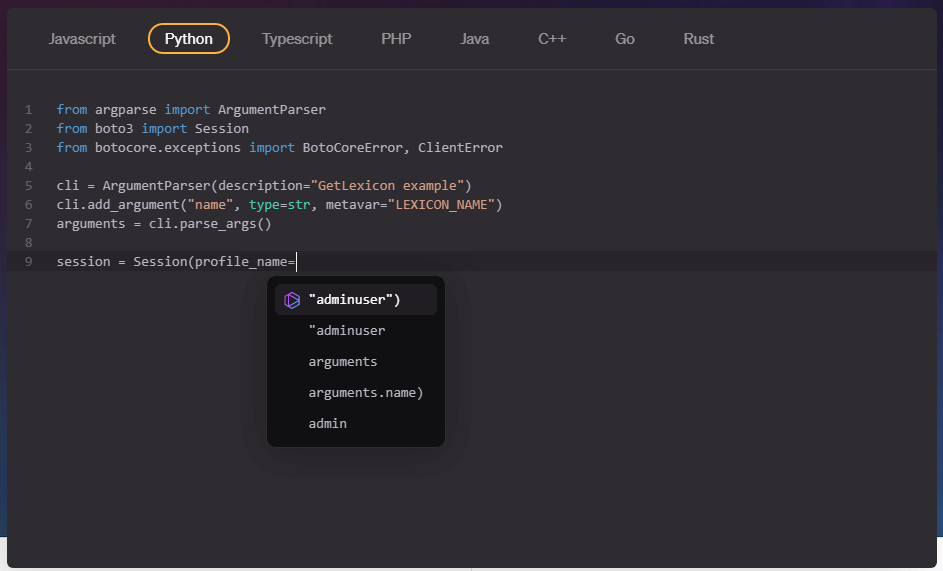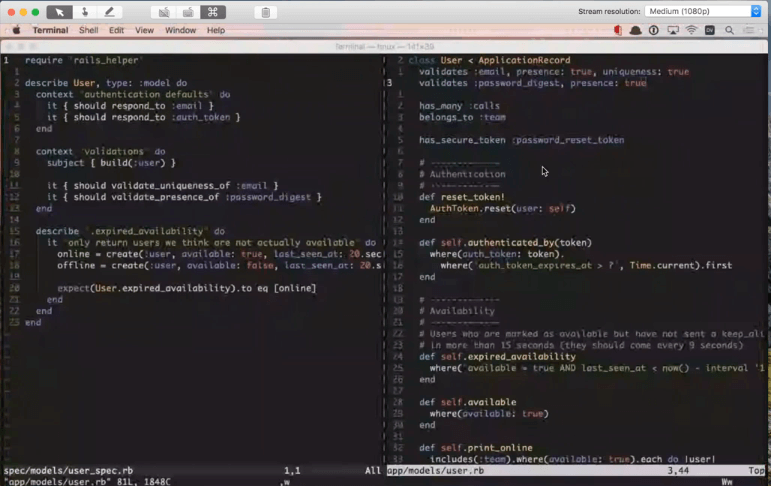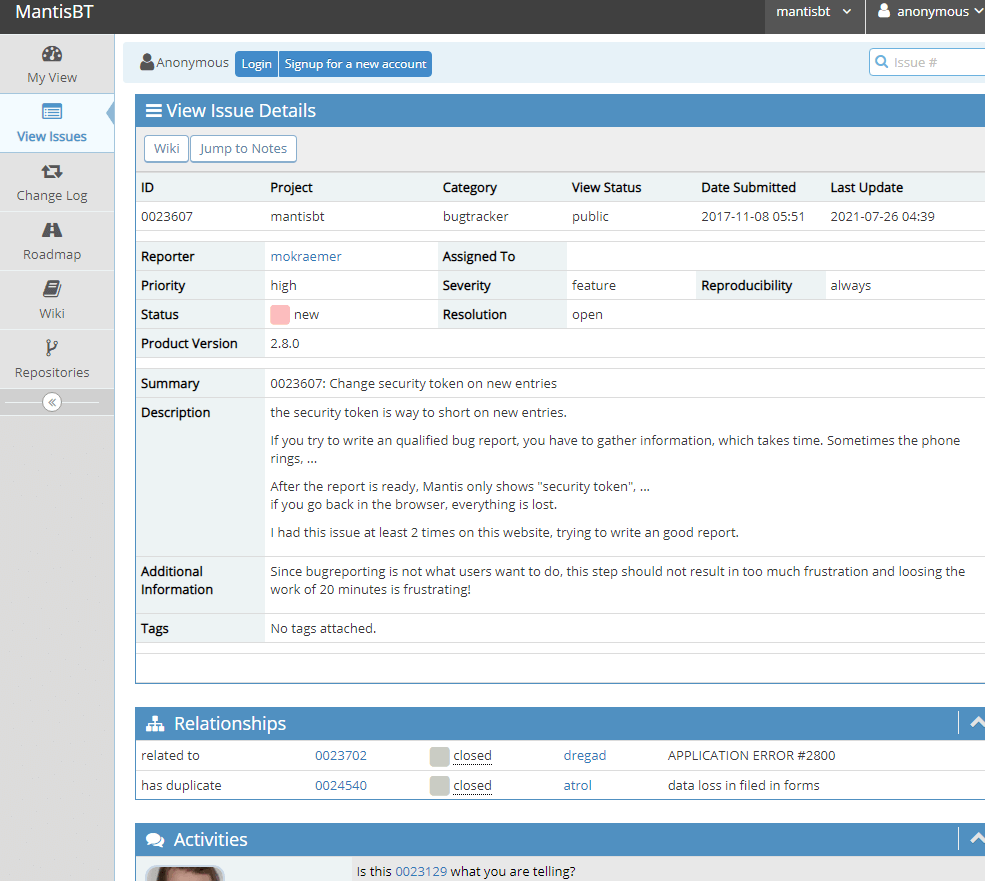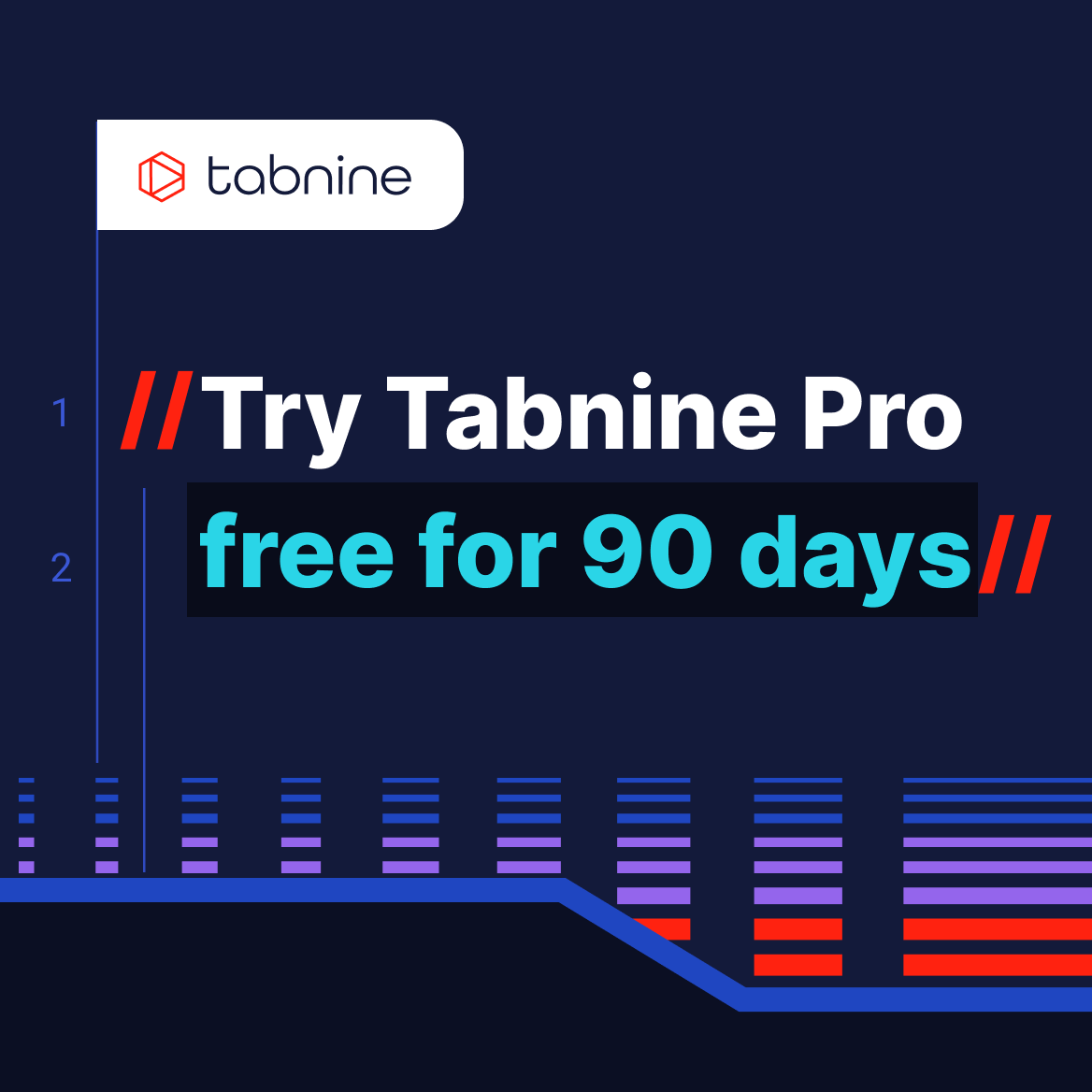Top 13 productivity tools for software development teams
//
Everyone wants to get more done in less time. When it comes to software development, there are tools built to help you do just that. From automation to gamifying habits, productivity is more than just getting things done — it’s also about reducing the friction and creating environments that support productive tasks.
Why developers need productivity tools
There’s more to productivity than just coding faster. Code quality cannot be determined by the number of code lines (or lack of it) either. When it comes to software development, productivity is ultimately a team effort. Tools that enable collaboration, communication, and good habits are vital to enhancing productivity.
Top 13 Productivity Tools for Software Development Teams
1. Slack
Slack is a staple for team communication, especially in software development. You can create chat channels – which act as rooms for topic-based conversations, share and collaborate information about the project with individual team members, create groups and sub-groups, and create one-on-one discussions.
Rather than dealing with multiple email threads and chains that come and go throughout the day, Slack lets you create time blocks in your hours and signify to others when you are available to talk based on your current status.

2. Tabnine
Why type everything out when you’ve got Tabnine?
But what is Tabnine?
Tabnine is an AI-driven code completion tool. It has been downloaded and used by over 1 million developers in numerous languages such as JavaScript, Python, TypeScript, PHP, Java, C++, Go, and Rust.
Reduce your mistakes and discover best practices while you code. The best part about Tabnine is that it plugs right into all the most popular IDEs such as Visual Studio Code, Atom, Sublime, IntelliJ’s suite, and even Vim.

3. Habitica
Generally, productivity apps can be pretty dry and typical. Habitica is a cross-platform app that encourages you to stick to your goals by gamifying your habits.
So rather than checking the boxes for your goals, you turn life into one big game—battle monsters by completing tasks. Get motivated and level up – literally.
You can also invite friends to join you on your quests, create accountability and win loot to spend on rewards.

4. Lightrun
Bugs are unavoidable. No matter how healthy you may think your software is, one will eventually find its way into the bug report.
Now the primary task becomes tracking down the logs and attempting to replicate the bug to figure out how to fix it. More often than not, there are no logs or not enough of them. Trying to reproduce the issue can also pose a problem, especially for serverless and distributed architectures.
This is where Lightrun comes in.
Lightrun lets you add logs, metrics, and traces to your code – directly from your IDE or CLI in real-time and on-demand. It enables you to gain code-level observability without needing to deploy.
This capability saves your team time and works on monolith microservices, Kubernetes, Docker Swarms, ECS, Big Data works, serverless, and more.

5. Confluence
Confluence is an Atlassian product that lets development teams create a centralized repository of knowledge. It is optimized for documentation and sharing development processes such as orchestrations and deployments.
On the surface, this sounds like a supercharged wiki — but it’s more than just that.
Confluence also lets you link to JIRA, use inbuilt templates for standardized documentation, set granular permissions on content, document management, versioning, and a suite of customizable add-ons.

6. The Silver Searcher
Why trawl through the gazillion files to find a specific piece of code in your repo when you’ve got the Silver Searcher?
The Silver Searcher is a grep-like search tool focused on speed that runs on Unix-like and Windows operating systems.
It started as a clone of ack (another popular code searching tool) but is speed-tested 5-10x faster.

7. Komodor
When it comes to software development, tracking processes, instance health, deployment statuses, and troubleshooting can be a hazy and disorganized space — if not distributed across multiple tracking boards.
Komodor centralizes this and gives everyone a birds’ eye view of everything and its current statuses.
It can be connected to Slack for alerts and help development teams troubleshoot faster by providing you with the ability to track your system from end to end.

8. F.lux
Do you ever find your screen too bright during certain times of the day? or too dim? or just not quite right?
Or perhaps you don’t notice anything at all.
As developers, we spend a good portion of our time in front of screens. The brightness of a screen can disrupt how our body naturally functions, especially when it comes to sleep.
F.lux is an automated color display application that changes according to your requirements and time of day. It does so by adjusting the color ratios of your screen, especially the amount of blue light you get from your devices.

9. Tuple
There is nothing more horrible than trying to pair program some code via video call. Tuple is an integrated remote pair programming app for macOS that lets you collaborate in real-time.
It lets you talk and code at the same time without eating your CPU.
Tuple also allows you to have both a mouse and keyboard each. This means that you don’t have to wait for your coding partner to finish what they’re doing so you can begin. You can code, collaborate, and chat all at the same time.

10. SpectralOps
Code security is often cumbersome to maintain over time. So it usually gets pushed down the list of priorities.
However, a breach or leak can cost your business and risk leakages of private data. SpectralOps is an automated code security tool that lets you automate checks and scans to mitigate secret leaks caused by human error or bad practices.

11. MantisBT
One of the things no one likes to do but needs doing is Bug tracking. There are many tools out there, but MantisBT focuses on simplicity.
The best part is that it is entirely open-source, customizable, with access controls based on project roles and users.

12. 7pace Timetracker
It’s easy to run a stopwatch on a task. But how much of that time is actually spent doing what you thought you did?
7pace Timetracker is a smart and fully integrated tool that’s made for developers to track and trace what they actually did and how long it took them.
The best part is that you can focus on how each part of the project progresses rather than chasing down team members for time logs.

13. Cold Turkey
Our laptops and computers are our portals to code and work. But it is also the portal to YouTube rabbit holes, Twitter feeds, Facebook scrolling, and random articles in which we find ourselves lost.
We tell ourselves that it’s only for a minute or two, only to find that it’s been an hour and now it’s lunchtime.
Cold Turkey is an app that blocks certain websites, games, and apps to help boost your focus and productivity. It forces you to be disciplined and on-tasked by eliminating access to the things that distract you the most.

Bonus
Software development teams are nothing (well, almost nothing) without the product teams that manage the products they develop. That’s where a solution like Craft.io‘s home for product management teams come in. Sure, there is Jira and other solutions like Azure DevOps but Craft.io is different in that is solely designed for digital product managers and creates a “safe” place where they can work on roadmaps and product strategy away from R&D teams.
Wrap up
The above list is a mix of code, team-based and personal tools that can help you accelerate your overall productivity.
Being a productive developer is more than just focusing on the code. It’s about finding the right tools and automation for your software development processes.
It’s also about improving yourself to be more disciplined and aware of your physical and mental needs.



